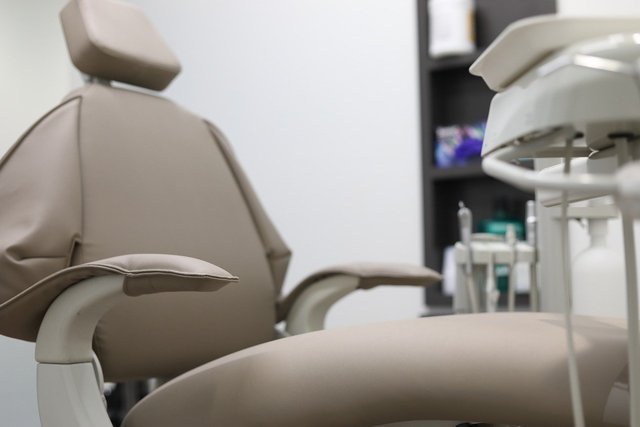
Integrative cancer treatments combine conventional medicine with complementary medicine. The latter is often used to help patients cope with the side effects caused by conventional treatments and symptoms caused by cancer.
No complementary medicine can replace a standard cancer treatment, for they cannot slow the growth of cancer cells or shrink tumors. On the other hand, some therapies can ease the nausea often caused by chemotherapy or otherwise make the patient feel better.
Examples of complementary therapies known to have helped cancer patients include such standbys as nutrition, exercise, acupuncture, and mind and body practices.
What are mind and body practices?
Mind and body practices are therapies that can help relieve stress, anxiety or depression. Examples include massage, meditation, yoga, tai chi, and music therapy.
Music therapy has existed in different cultures for centuries, and doctors have used it as a therapy at least since the end of World War II when they noticed that visits from traveling musicians lifted the moods of hospitalized soldiers. Music therapy can be active or receptive. In active therapy, the patient will sing or play an instrument. In receptive therapy, they will listen to music. A therapist will be working with them in both cases, and they will usually combine the two forms during a therapy session.
Tai chi is an exercise that combines slow and flowing movements with breathing exercises and meditation. It originated as a martial art in China during the 12th century. Tai chi can help patients both physically and emotionally by improving their balance, flexibility, strength, and mood. The instructor will teach the patient “forms” or series of movements.
Yoga is an ancient form of exercise that developed in India over 5,000 years ago. Like tai chi, it often involves meditation and breathing exercises. The patient will perform any of over 80 postures while they are standing, sitting, kneeling, or lying down. A typical session lasts between 60 and 90 minutes. Yoga can help improve mood and reduce stress. Some patients claim that yoga also helps them sleep better and even recover more quickly from surgery.
Meditation is a practice for focusing the mind and achieving a calm state. People have been practicing it for antiquity. While most forms involve staying still, some practitioners will walk or practice yoga or tai chi. Meditation can reduce stress, and some patients find that it helps them sleep better or feel less ill or tired.
Massage is another ancient practice that dates back to antiquity. The therapist will manipulate the muscles or stroke or rub the body. Massage can relieve pain, nausea, fatigue, and stress. Some patients have also found that massage improves their range of movement, flexibility, alertness, and ability to sleep well. Massage is safe for cancer patients, but the therapist should avoid massaging tumors or other treatment sites.
Any patient who is interested in complementary therapy should get their doctor’s advice as to which therapies would be the most appropriate and helpful.